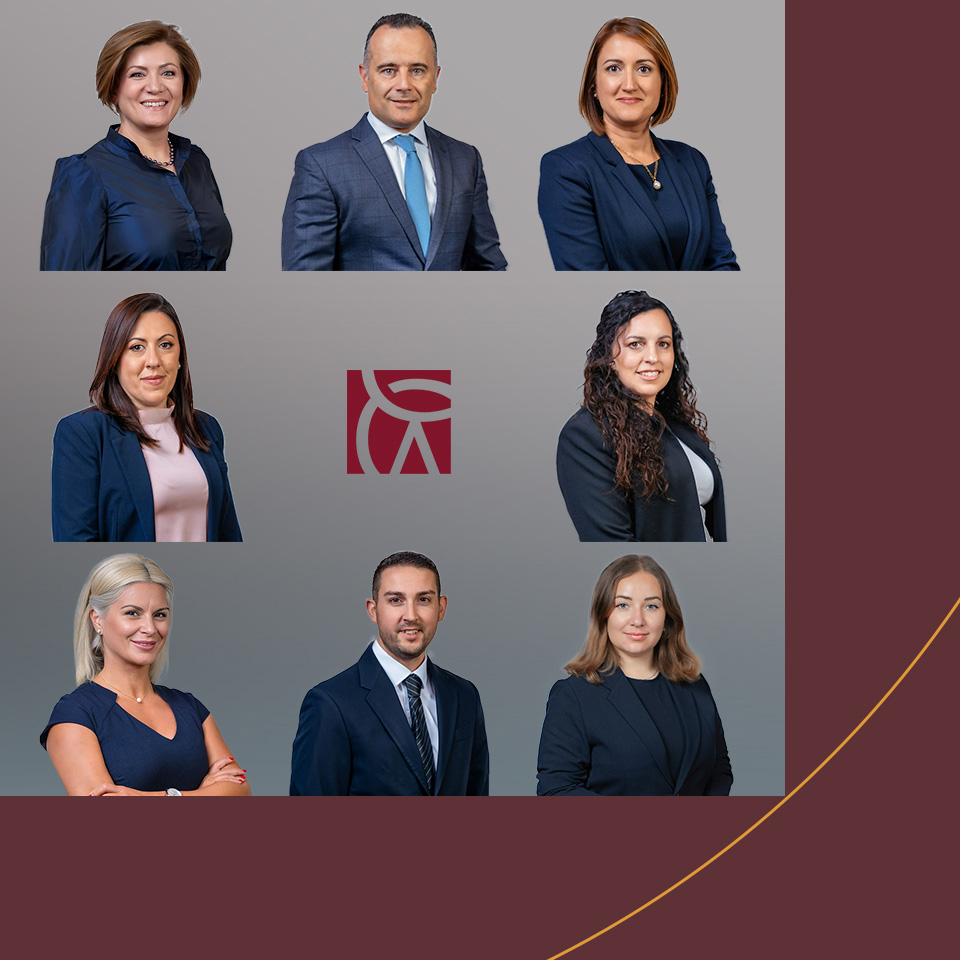Practices
CCLEX is the global immigration and private client tax practice of law firm Chetcuti Cauchi, serving global private clients, business families and family offices worldwide.
Scroll to explore


CCLEX is the global immigration and private client tax practice of law firm Chetcuti Cauchi, serving global private clients, business families and family offices worldwide.

